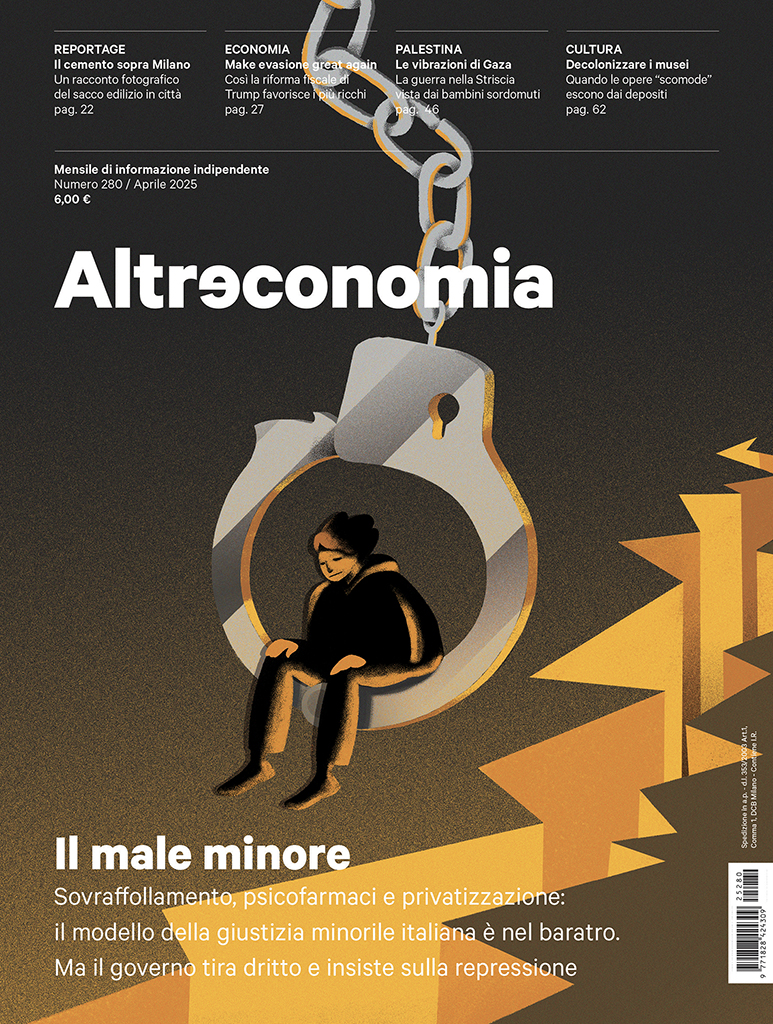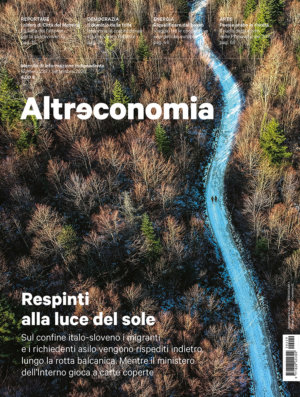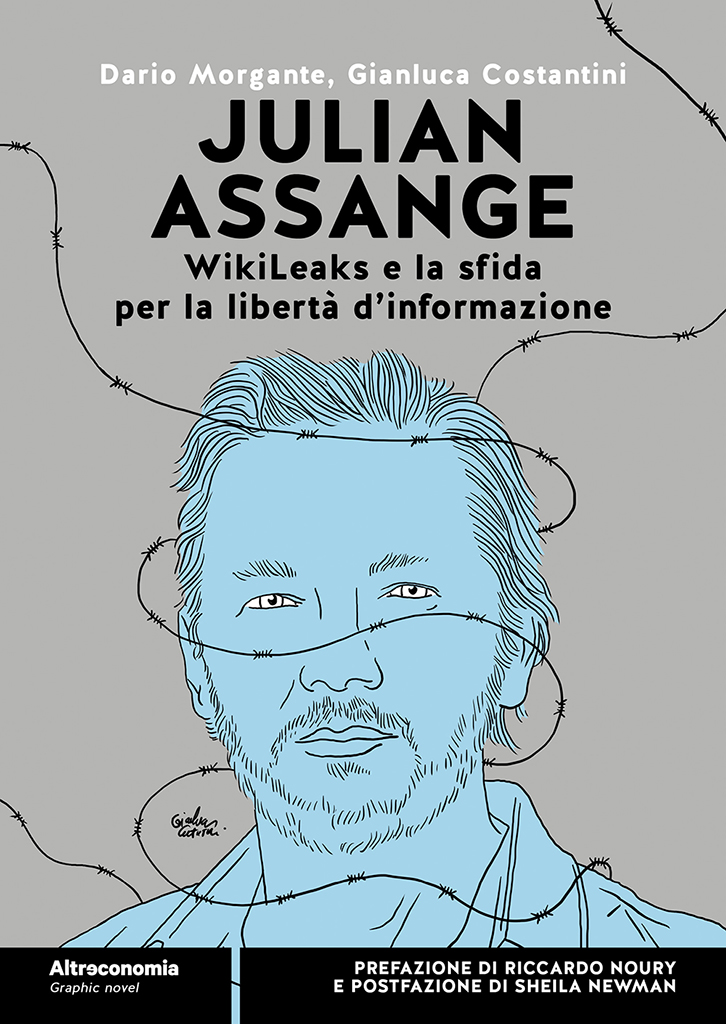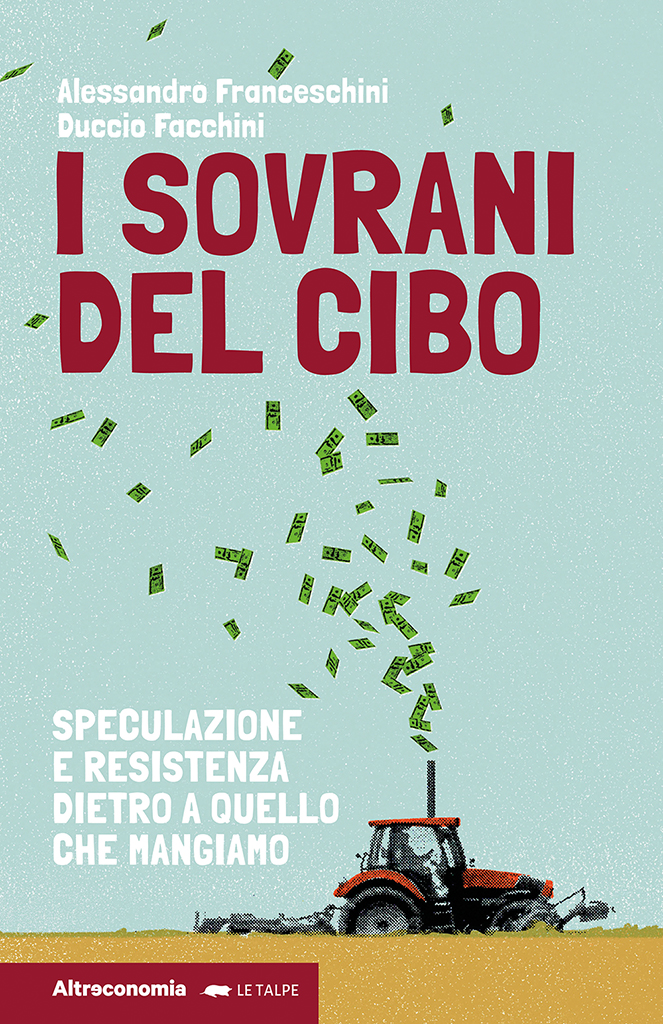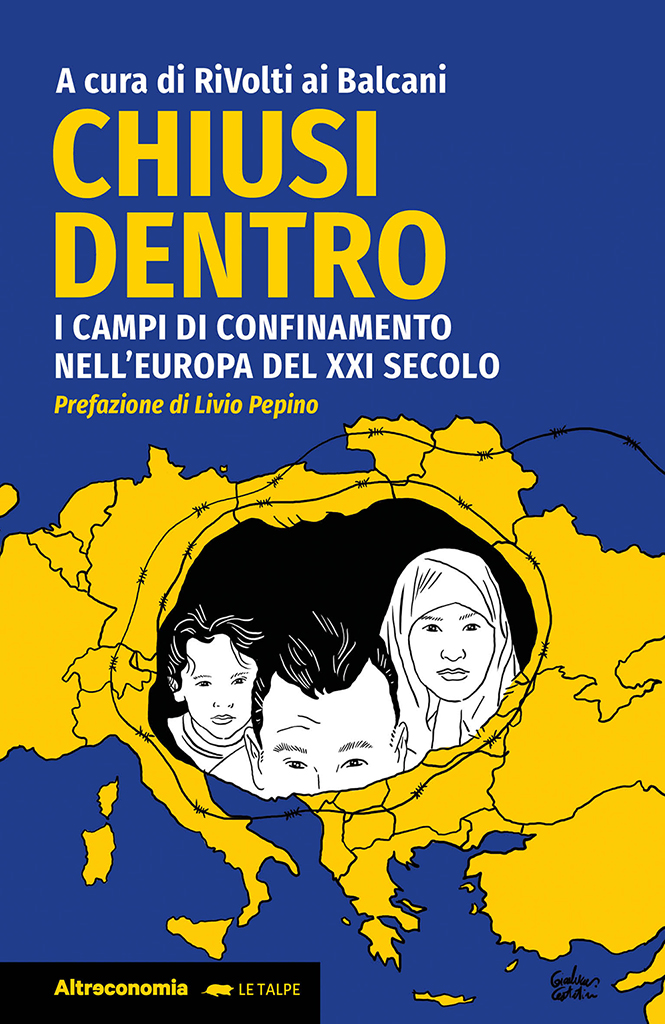Diritti / Intervista
Rotta balcanica: la violenza della polizia croata e la denuncia delle Nazioni Unite

Il governo di Zagabria nega l’evidenza dei soprusi a danno dei richiedenti asilo e tenta di screditare il Relatore speciale dell’Onu sui diritti umani dei migranti, González Morales. “Le denunce raccolte non sono fantasie”, spiega invece ad Altreconomia l’accademico cileno. Anche il governo italiano è interessato dai respingimenti
Lungo la “rotta balcanica” cammina anche George Orwell. Lo dimostra la lettera che il ministro degli Esteri della Croazia, Gordan Grlić-Radman, ha recapitato a fine luglio al Relatore speciale delle Nazioni Unite sui diritti umani dei migranti, Felipe González Morales.
Di fronte alle circostanziate preoccupazioni del professore di Diritto internazionale dell’Università Diego Portales di Santiago per le violenze e i respingimenti collettivi subiti da tempo dalle persone in transito nel Paese europeo, Grlić-Radman ha sostenuto che i migranti e i richiedenti asilo mettano “intenzionalmente a rischio la propria vita”. E che quando la polizia croata interviene per “salvarli” questi inventino “false accuse” di abusi o di chissà quali ostacoli alla procedura per chiedere la protezione internazionale. Non sarebbe la violenza degli agenti a segnare i loro corpi –come emerge dalle numerose testimonianze raccolte da da González Morales– ma “incidenti e scontri occorsi tra gli stessi migranti”.
Oltre a negare l’evidenza, Grlić-Radman ha tentato poi di screditare il richiamo del Relatore speciale delle Nazioni Unite, accusandolo implicitamente di essersi rifatto a fonti “non indipendenti e non obiettive” come Amnesty International.
A poche settimane dalla risposta del governo croato, González Morales spiega ad Altreconomia di ritenerla “insoddisfacente”. La verità, afferma il Relatore speciale, è che il “respingimento violento dei migranti senza passare attraverso una procedura ufficiale, una valutazione individuale o altre garanzie costituisce una violazione del divieto di espulsioni collettive e del principio di non respingimento”.
È quello che accade in Croazia e che interessa da vicino anche l’Italia, motore delle “riammissioni informali” dei migranti e richiedenti asilo sul confine orientale con la Slovenia -rivendicate dal governo Conte II nell’estate di quest’anno- e che sono il primo anello della catena di respingimenti che porta fin verso la Bosnia ed Erzegovina.
Gli ultimi fatti delle violenze in territorio croato portati all’attenzione dell’accademico cileno risalgono alla primavera di quest’anno. Il 26 maggio 16 migranti tra i 19 e i 38 anni vengono fermati nei pressi dei Laghi di Plitvice da otto uomini armati in uniforme nera e passamontagna che sostengono di far parte della polizia croata. Questi interrogano i migranti e al primo che “risponde” arriva uno schiaffo. Dopo avergli confiscato soldi e telefoni, li legano a dei tronchi e iniziano a sparare colpi di pistola vicino alle orecchie e alle gambe, prendendoli a bastonate. Alcuni raccontano di scariche elettriche sul collo e sulla testa, uno ha entrambi i palmi tagliati da una lama.
Un aguzzino avrebbe anche ripreso la scena con lo smartphone mentre un altro mescolava maionese, ketchup e zucchero sulla testa dei migranti, tra le risate generali.
Finito il “giro”, gli otto in passamontagna decidono di chiamare la polizia. Le squadre si conoscono -riportano le testimonianze messe in fila da González Morales- tanto che uno degli uomini in nero minaccia di morte i migranti se fossero tornati in Croazia proprio davanti agli agenti, scaricando in aria altri colpi di pistola.
I poliziotti fanno salire i 16 sequestrati su un furgone e li riportano al confine con la Bosnia ed Erzegovina nei pressi del villaggio di Siljkovaca. Nessun documento, niente zaino, niente carta d’identità.
Le denunce raccolte dal Relatore speciale si accumulano. “Per l’esperienza che ho maturato posso dire che quando le segnalazioni sono così numerose, si ripetono per mesi e mesi e risultano così sovrapponibili, allora non possiamo parlare di fantasie”, continua González Morales. Non è un problema “solo” della Croazia: “L’Unione europea ha il dovere di assicurarsi che le sue frontiere siano gestite in modo che i diritti umani dei migranti vengano rispettati. A questo proposito mi aspetto che le istituzioni europee seguano da vicino la situazione croata”.
L’auspicio rischia di essere retorico: la Croazia agisce infatti con il beneplacito dell’Ue.
Alla luce dei fatti ricostruiti è possibile definire quel Paese “sicuro” per i migranti? “Non sono nella posizione per poter formulare una considerazione generale, quello che posso dire è che alle persone migranti che attraversano in particolare il confine giungendo dalla Bosnia non è garantito il diritto di chiedere asilo ma queste vengono espulse collettivamente senza alcuna procedura”.
© riproduzione riservata
Balkan route: Croatian police violence and UN denouncement
The government of Zagreb denies the evidence of abuses against asylum seekers and attempts to discredit the UN Special Rapporteur on the human rights of migrants, González Morales. “The complaints collected are not fantasies,” the Chilean academic explains to Altreconomia. The Italian government is also affected by the rejections
George Orwell is walking along the “Balkan route”. This is shown by the letter that the Croatian Minister of Foreign Affairs, Gordan Grlić-Radman, delivered at the end of July to the UN Special Rapporteur on the Human Rights of Migrants, Felipe González Morales.
Faced with the detailed concerns of the Professor of International Law at the University Diego Portales in Santiago for the violence and collective rejections suffered for a long time by people in transit through the European country, Grlić-Radman argued that migrants and asylum seekers “put their lives at risk intentionally”. And that when the Croatian police intervene to “save” them, they build “false accusations” of abuse or who knows what obstacles to the procedure for applying for international protection. It would not be the violence of the agents to mark their bodies – as it emerges from the numerous testimonies collected by González Morales – but “accidents and clashes between the migrants themselves”.
Besides denying the evidence, Grlić-Radman then attempted to discredit the UN Special Rapporteur’s call, implicitly accusing him of referring to “non-independent and non-objective” sources such as Amnesty International.
A few weeks after the Croatian government’s response, González Morales explains to Altreconomia that he considers it “unsatisfactory”. The truth, says the Special Rapporteur, is that the “violent pushback of migrants without going through an official procedure, individual assessment or other guarantees constitutes a violation of the prohibition of collective expulsions and the principle of non-refoulement”.
This is what is happening in Croatia and it is also closely affecting Italy, the driving force behind the “informal readmissions” of migrants and asylum seekers on the eastern border with Slovenia – claimed by the government led by Giuseppe Conte in the summer of this year – and which are the first link in the chain of rejections leading to Bosnia and Herzegovina.
The last facts of the violence on Croatian territory brought to the attention of the Chilean academic date back to the spring of this year. On 26 May, 16 migrants between 19 and 38 years were stopped near the Plitvice Lakes by eight armed men in black uniforms and balaclavas who claimed to be part of the Croatian police. They interrogate the migrants and the first one who “answers” gets a slap. After confiscating money and telephones, they tie them to logs and start firing gunshots near their ears and legs, beating them with a club. Some tell of electric shocks on the neck and head, one has both palms cut by a blade.
A torturer would also take the scene with his smartphone while another one was mixing mayonnaise, ketchup and sugar on the migrants’ heads, among the general laughter.
After the “tour”, the eight in balaclavas decide to call the police.The teams know each other so well that – according to the testimonies lined up by González Morales – one of the men in black threatened to kill the migrants if they returned to Croatia right in front of the officers, firing more shots in the air.
The policemen pick up the 16 people kidnapped in a van and take them back to the border with Bosnia and Herzegovina near the village of Siljkovaca. No measures, no backpack, no ID card.
The complaints collected by the Special Rapporteur accumulate. “From the experience I have gained I can say that when the reports are so numerous, they are repeated for months and months and are so superimposable, then we cannot talk about fantasies”, continues González Morales. This is not “just” a problem for Croatia: “The European Union has a duty to ensure that its borders are managed in such a way that the human rights of migrants are respected. In this regard I expect the European institutions to follow the Croatian situation closely”.
The hope risks being rhetorical: Croatia is acting with the substantial approval of the EU.
In the light of the reconstructed facts is it possible to define that country as “safe” for migrants? “I am not in a position to formulate a general statement, what I can say is that migrants who cross the border coming from Bosnia are not guaranteed the right to seek asylum but they are expelled collectively without any procedure”.
© Altreconomia

